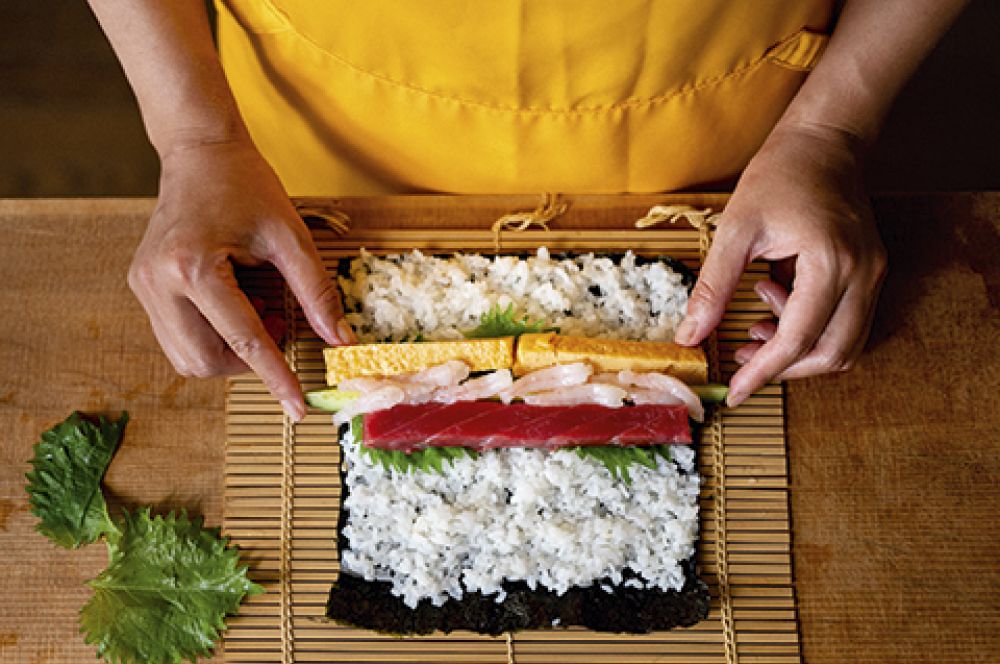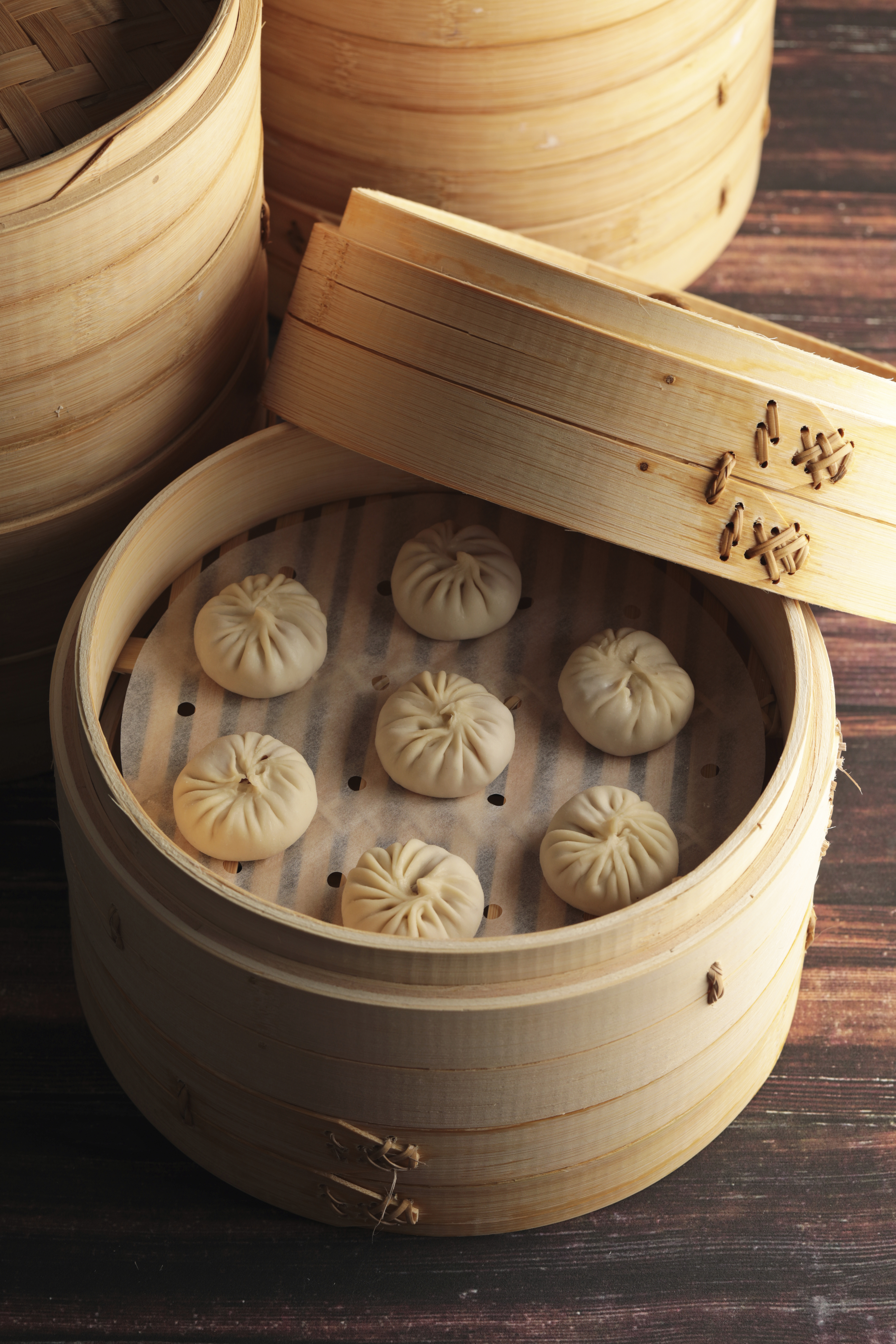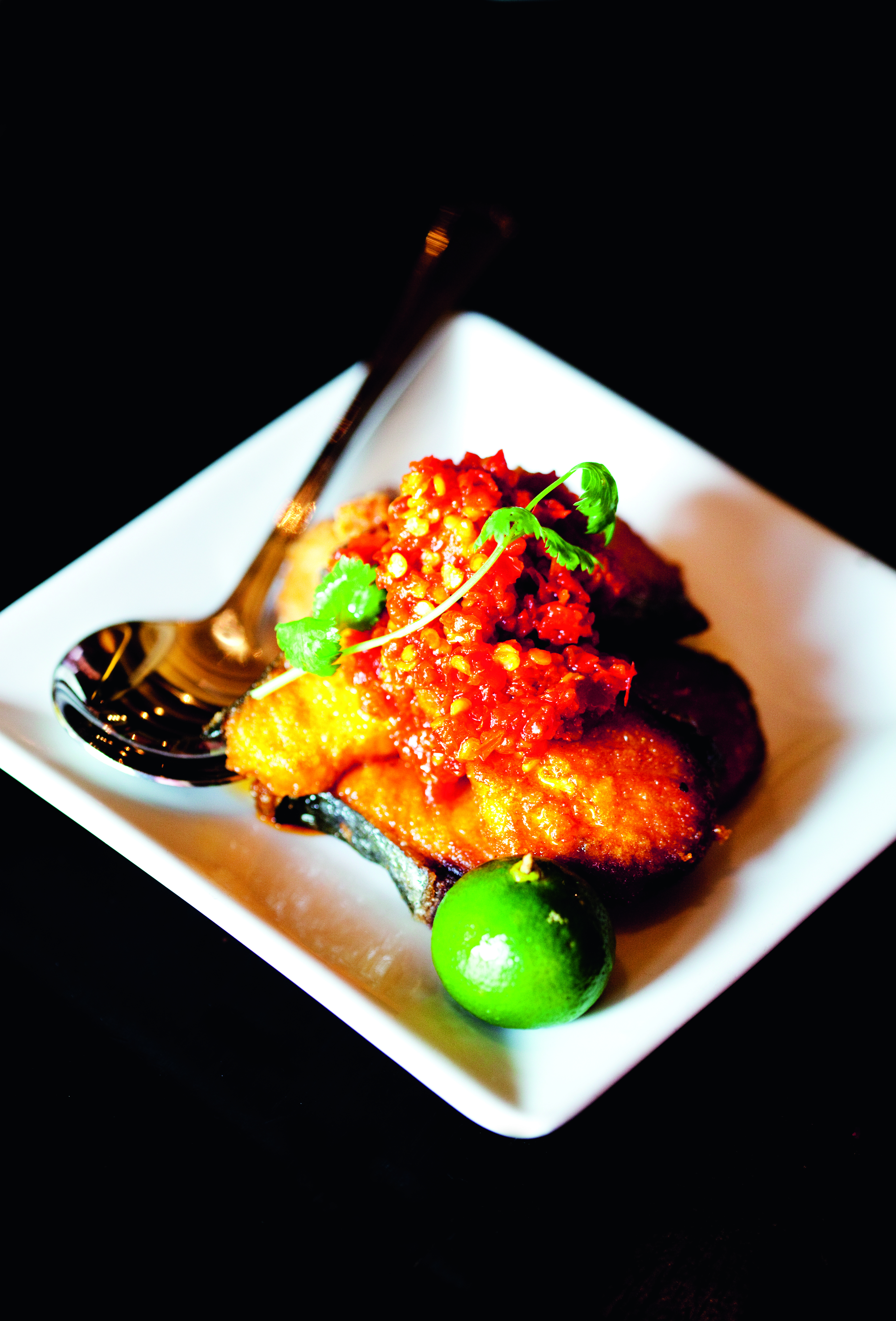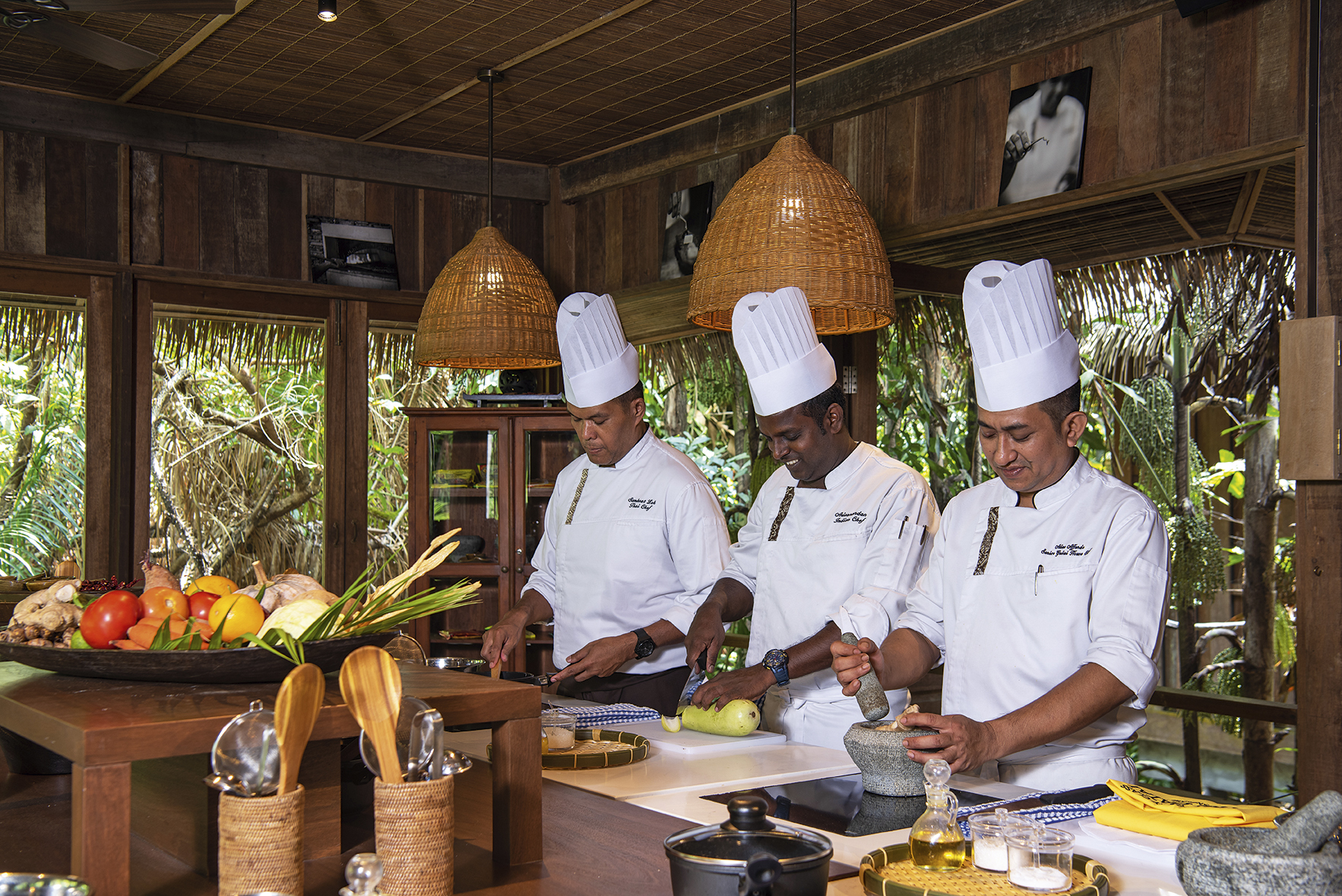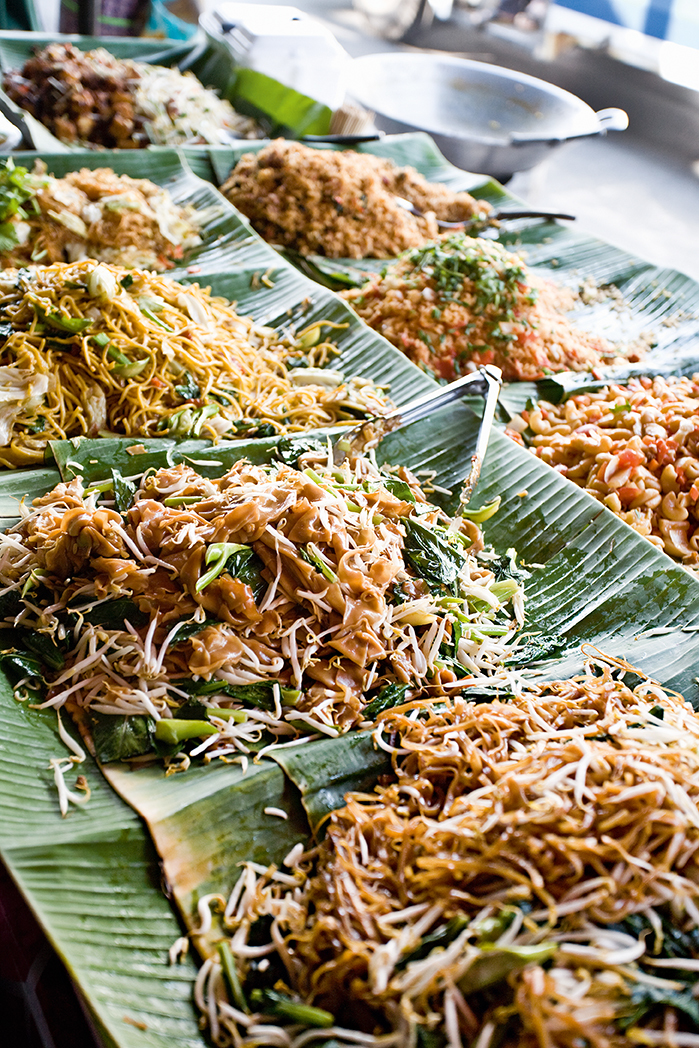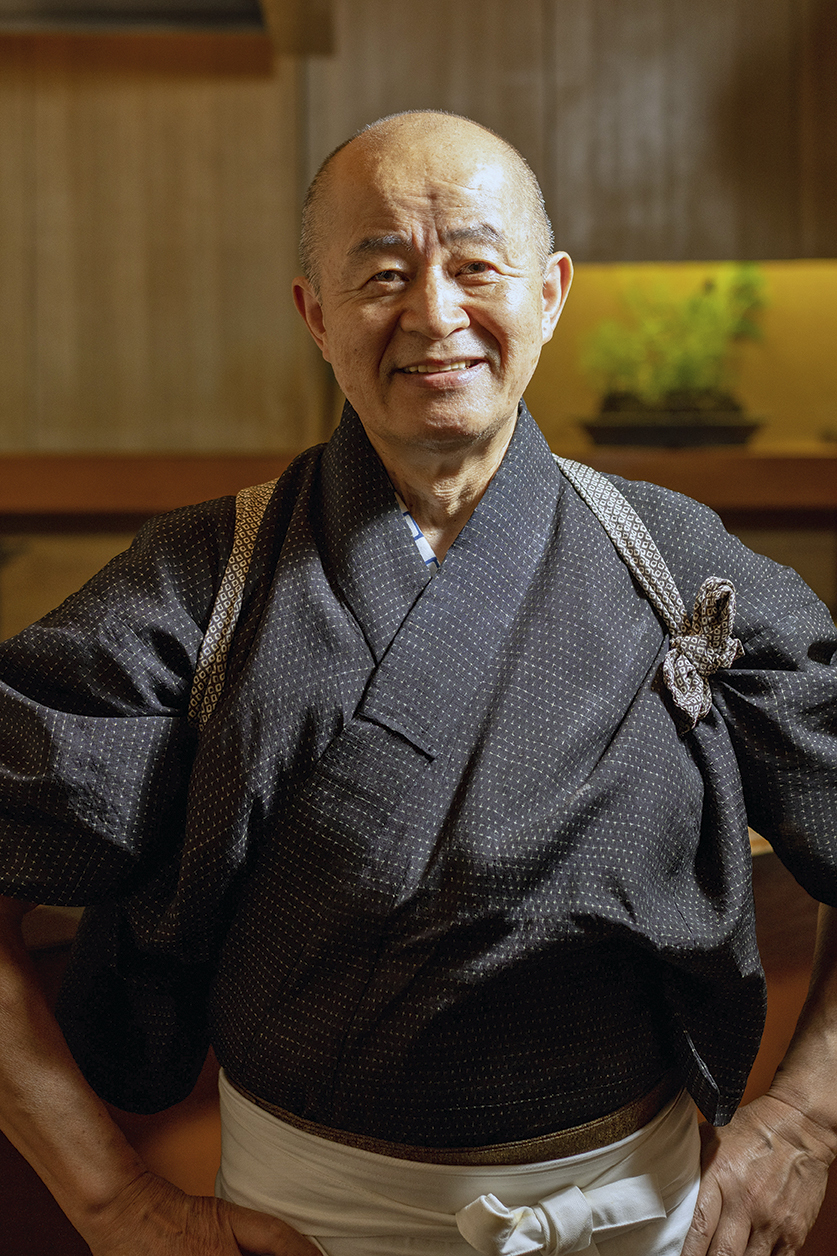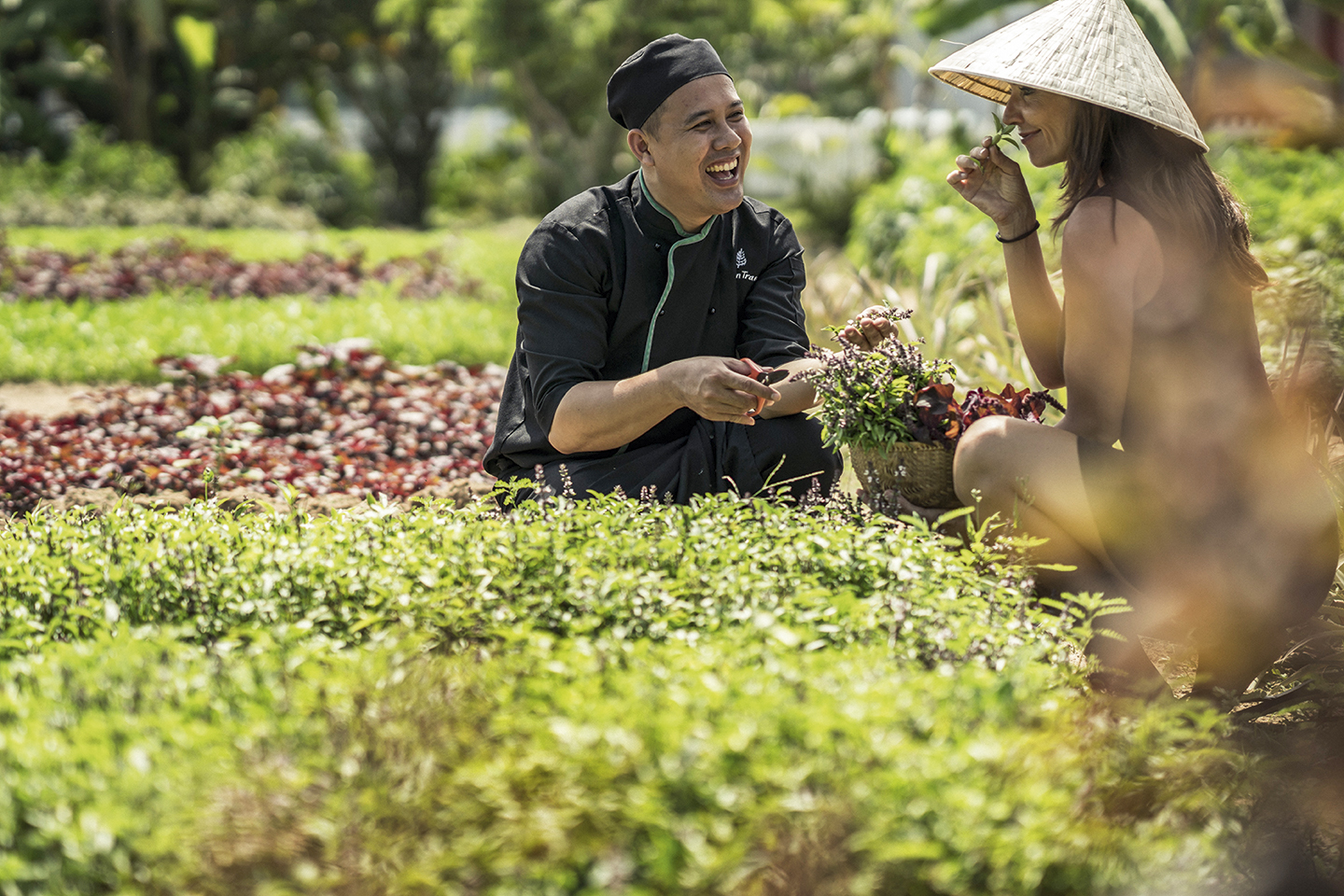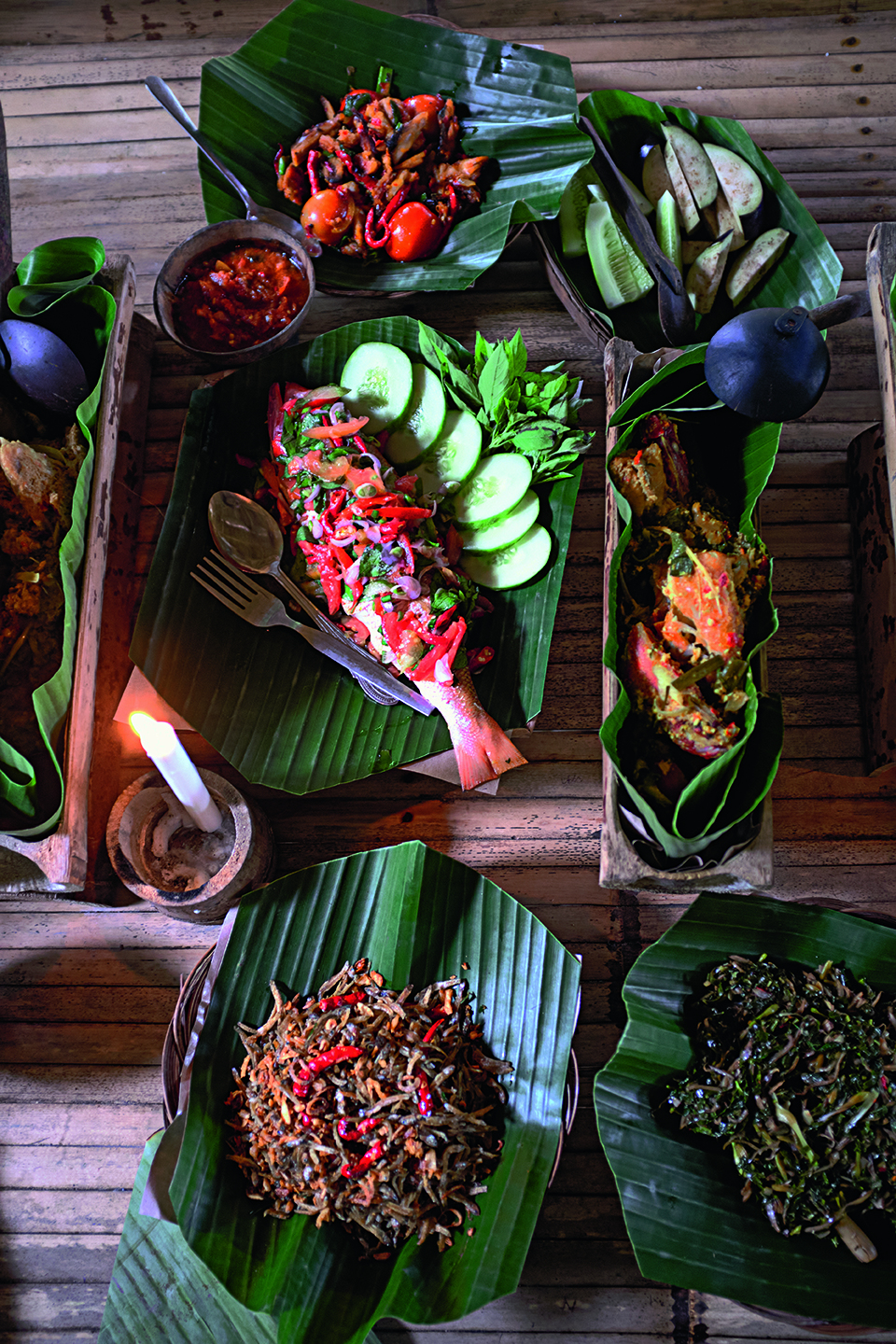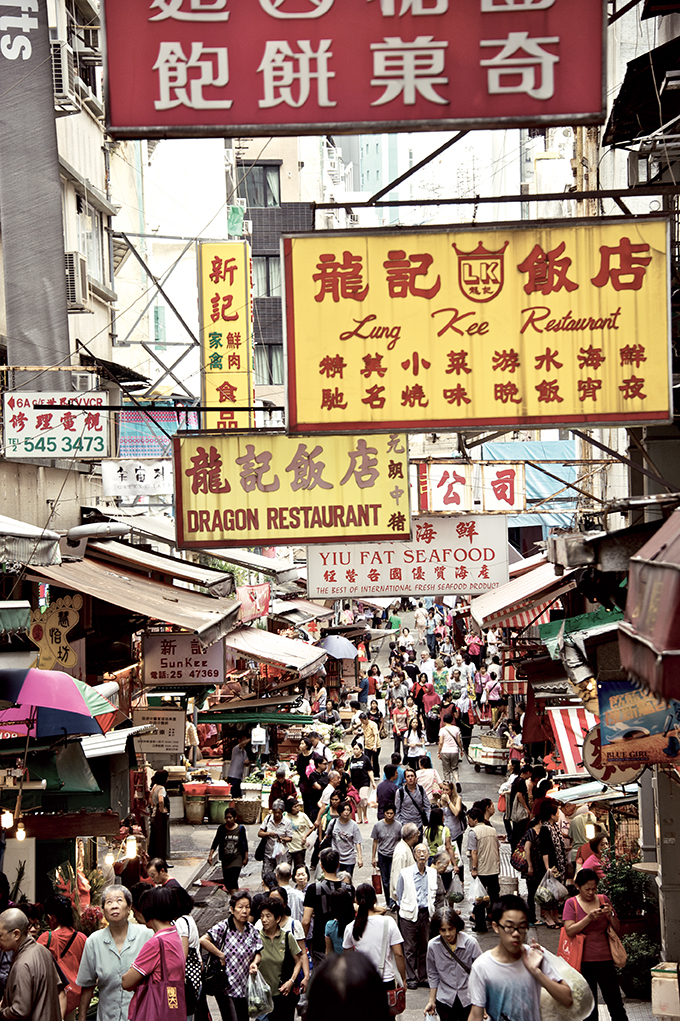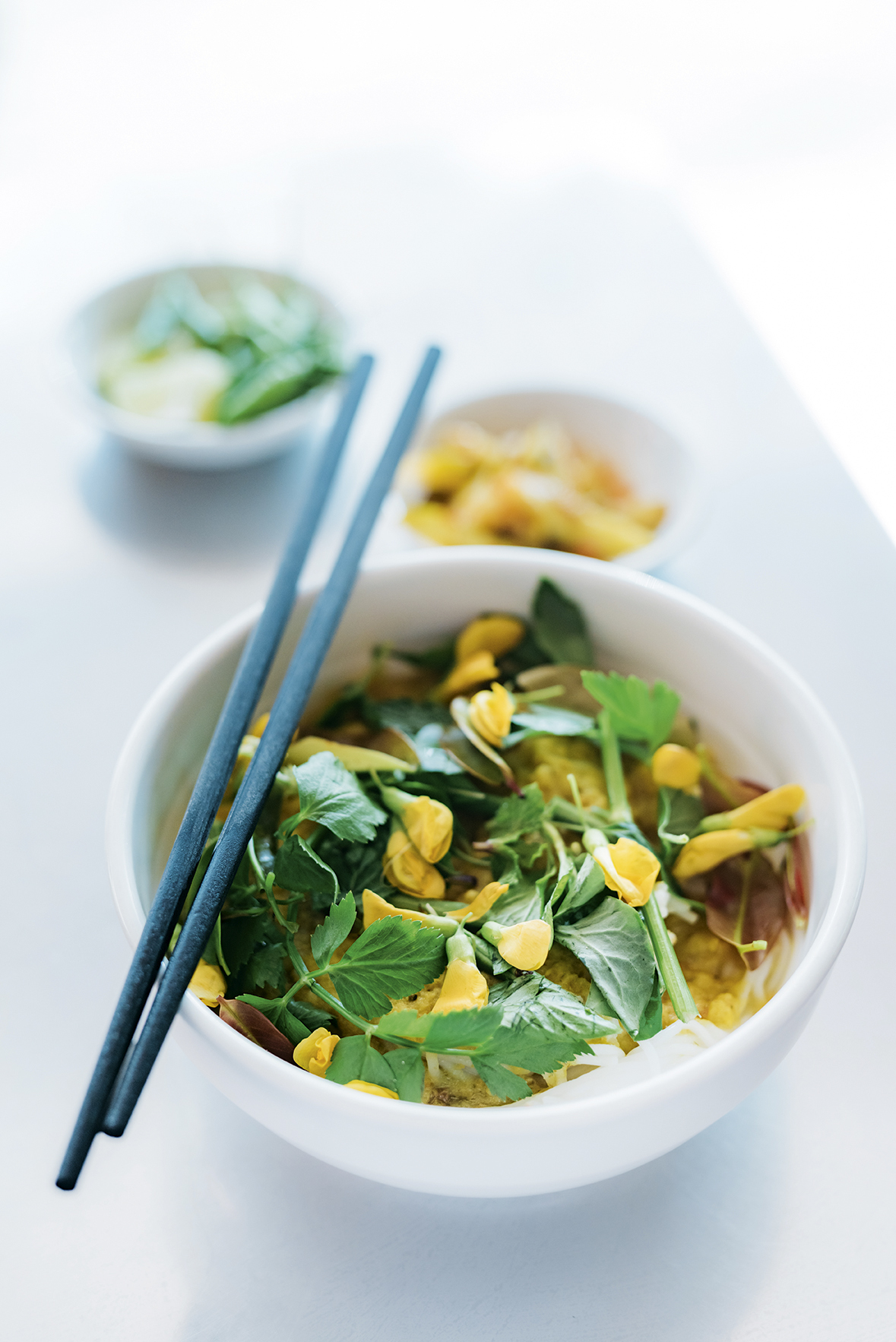Taiwan
Shaped over centuries by indigenous local dishes and colonial
cuisines from both Japan and Fujian, the gastronomic heritage of Taiwan
is a steaming mix of soy, sesame, rice wine and seafood, often showcased
in soups and stews. The jewel in its culinary crown, however, is the
locally grown produce: nuts, herbs, fruits and vegetables brighten
dishes and bring sweet, sour and herbal notes.
On the corner of a broad
boulevard in Taipei’s Datong, below the district’s Ningxia night food
market, is the brilliant CookInn Taiwan school. Its six classes
(two-three hours from £63pp) have been curated to capture the best
aspects of Taiwanese cuisine, with traditional breakfast scallion
pancakes and egg crêpes, beef noodle bowls, soup dumplings, pastries,
street food and gourmet courses. Drinks aren’t forgotten, with social
media favourite bubble milk tea starring alongside traditional oolong
tea tastings.
Five-minutes’ walk from one of the largest night markets,
Ivy Chen opens up her home to students, where they can learn authentic
Taiwanese cuisine and culture. The author and chef begins lessons with a
welcoming tea ceremony, before allowing guests to choose from three
menu options, featuring Taiwanese gua bao hamburgers, pineapple cake and
salty-sweet Three Cups Chicken. Four-hour solo class, £113pp, with discounts for groups of two of more.

